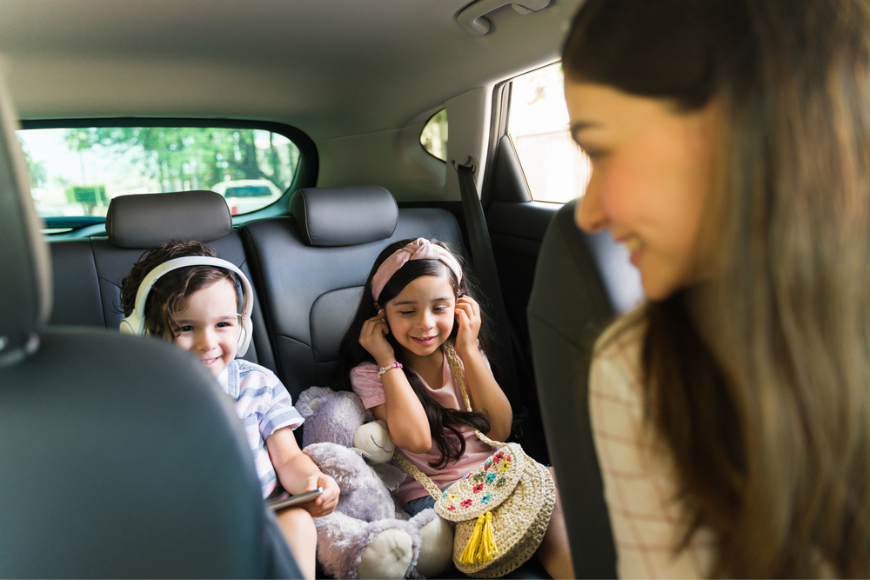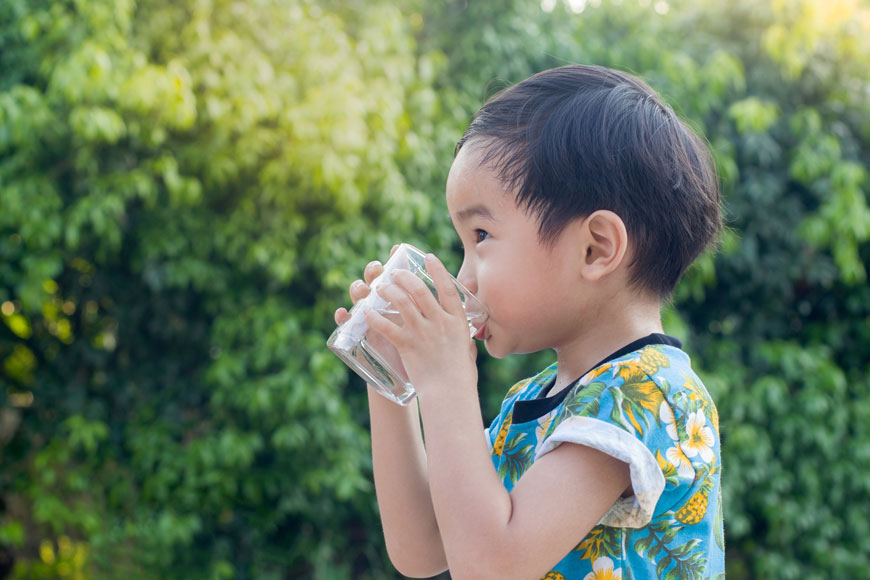Oman is well equipped for illness as they have a variety of health care clinics with modern technology and skilled doctors.
18 July 2013
| Last updated on 12 October 2017
From a medical standpoint, Oman is a safe and healthy country to visit. There is an extensive network of healthcare facilities throughout the country excluding some remote areas in the desert and mountains. Should you require medical assistance there are clinics and pharmacies in many cities and towns. The emergency medical services are quite prompt and due to new technologies with gps and tracking they can locate you if you are lost in the desert, so long as their is a mobile signal.

In all likelihood, the arid tropical climate of Oman will be quite different from the one you came from. If you are not used to travelling in a desert environment, these helpful tips will come in handy:
Water Although the tap water in Oman is drinkable, most people prefer to drink the many brands of bottled mineral water available in shops and supermarkets. It is important to stay hydrated and drink at the very least two litres of water a day. Dehydration is very possible, especially during the summer months, and staying hydrated it important.
Sun and Heat For six months of the year Oman experiences moderate, comfortable temperatures. However, the summer months from April to October can be a bit daunting. While you are in the sun, wear light-coloured, lightweight clothing which covers as much skin as possible. Fabrics such as cotton and linen are good choices. Clothes should fit loosely for maximum comfort; this will also help prevent chafing and heat rash. Wear a loose-fitting, light-coloured hat with a wide brim.
During the summer months, use a sunscreen with a sun protection factor (SPF) of 15 or more, and reapply it if you swim or perspire. Check the label to make sure your sunscreen protects against both UVA and UVB exposure. Remember to apply sunscreen to ears and neck, and to use lip protection as well. If choosing sunscreen for a child, select one without PABA which can cause rashes or other problems.
Remember that the sun can be harsh even when you are inside the airconditioned haven of your car and the sun can be damaging not only to the skin, but also to the eyes. Wear good sunglasses whenever you are outside. The sun has damaging UV rays that can cause photokeratitis, pingueculae and permanent retinal damage. It is important for children to also wear sunglasses in order to protect their eyes from a young age. Buy a pair of quality sunglasses from an optometrist. They do not have to be branded but the lenses should protect you from 99 to 100 percent of both UVA and UVB light. This includes those labeled as "UV 400," which blocks all light rays with wavelengths up to 400 nanometers.
Try not to spend too much time outdoors between 10 a.m. and 2 p.m., when the sun is strongest.
Be extra careful about sun exposure if you are taking medication. Many common over-the-counter and prescription drugs such as antihistamines and oral contraceptives increase photosensitivity (and your risk of burning). Check the labels of all your medications for information on side effects, or ask your health care provider or pharmacist if there are precautions you should follow.
Increase your intake of fluids.
Stay in air-conditioned rooms and vehicles when possible.





















































_2.jpg?itok=XEABuHuU)















































_2.jpg?itok=j80YWwf-)



















